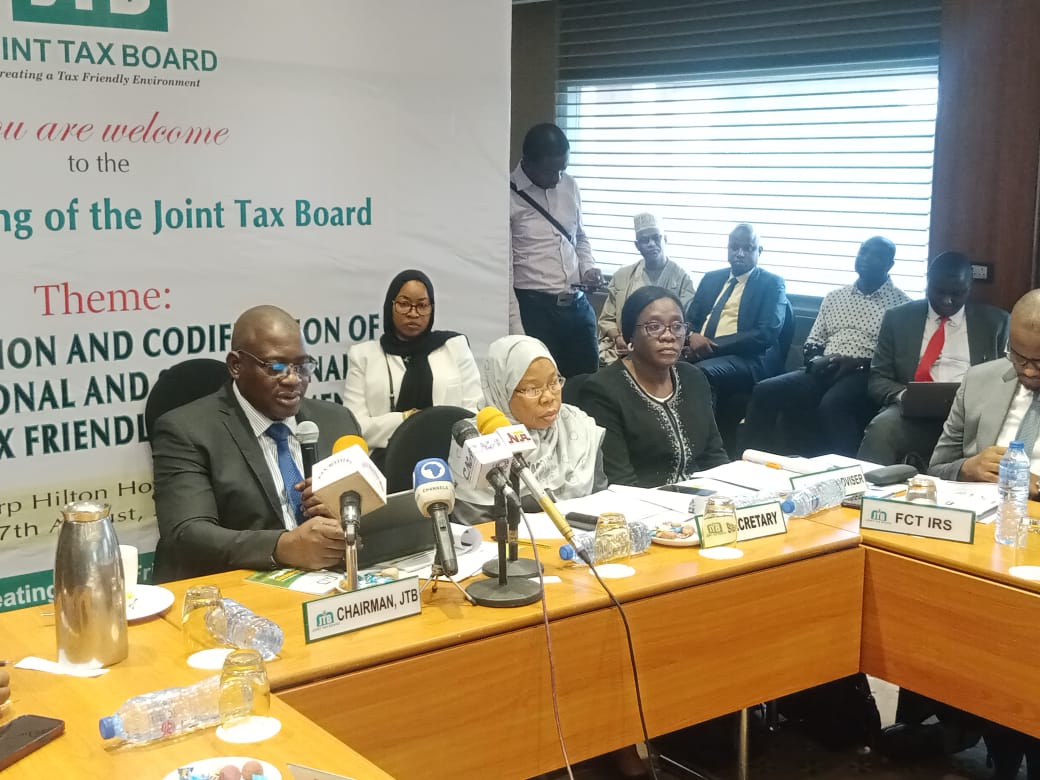The National Directorate of Employment (NDE) has announced a significant stride in supporting the small-scale enterprise ecosystem across Nigeria. In a recent statement, the directorate revealed that it has disbursed a total of N35.68 million in loans to graduate trainees as part of its Small Scale Enterprises (SSE) program.
The NDE’s commitment to nurturing entrepreneurship and self-reliance is evidenced by the creation of 54 new micro businesses and the fortification of 1,766 existing ones in the past three months, spanning the length and breadth of the nation. This proactive approach to fostering economic growth and empowerment echoes the directorate’s mission to elevate Nigeria’s workforce and economic landscape.
Laying the Foundation for Entrepreneurial Success, Abubakar Nuhu Fikpo, the Director-General of NDE, unveiled the remarkable strides in a statement. Fikpo highlighted that the Start Your Own Business (SYOB) scheme, a cornerstone of the directorate’s initiatives, has paved the way for 54 graduated trainees to receive loans amounting to Five Hundred Thousand naira each. This financial boost serves as a launching pad for these graduates to establish their micro businesses after successfully completing their training.
Additionally, Fikpo detailed how the Micro Enterprise Enhancement Scheme (MEES) has played a pivotal role in enhancing 1,766 existing businesses, equipping them for expansion and growth through strategic loan disbursements. This multifaceted approach solidifies NDE’s dedication to fostering an environment where budding entrepreneurs and established business owners can thrive and contribute to the nation’s economic prosperity.
The reach of NDE’s initiatives extends across diverse states, spanning the six geopolitical zones of Nigeria. The 18 states benefitting from the SYOB program include Abia, Adamawa, Bauchi, Bayelsa, Benue, Ebonyi, Edo, Ekiti, Gombe, and Jigawa, among others. Furthermore, the disbursement of loans under the Micro Enterprise Enhancement Scheme has taken place in various states, including Akwa-Ibom, Adamawa, Abia, Anambra, Borno, Edo, and Jigawa, to name a few.
Fikpo highlighted the comprehensive nature of NDE’s efforts, noting that states not covered in this batch had previously undergone similar exercises earlier in the year. He encouraged unemployed Nigerians to seize the job opportunities facilitated by the Federal Government through NDE, urging them to transition from the quest for elusive white-collar positions to embark on entrepreneurial journeys.
The NDE’s impact extends beyond loan facilities, encompassing an array of key programs such as Vocational Skills Development (VSD), Rural Employment Promotion (REP), and Special Public Works (SPW). These initiatives have collectively yielded millions of job opportunities, demonstrating the organization’s multifaceted commitment to driving economic growth, fostering skill development, and nurturing a vibrant entrepreneurial ecosystem.
As the NDE continues to empower graduates and existing business owners alike, it remains a beacon of hope and transformation, igniting the flames of entrepreneurship and self-sufficiency across Nigeria.










